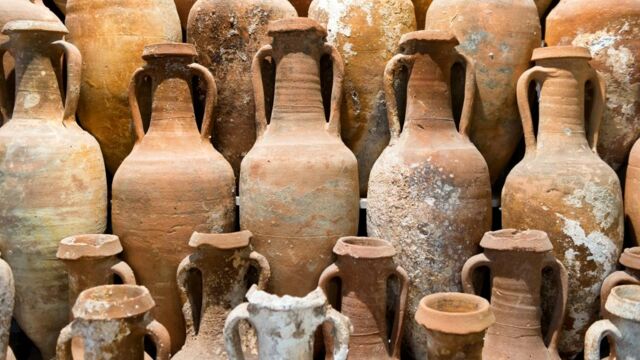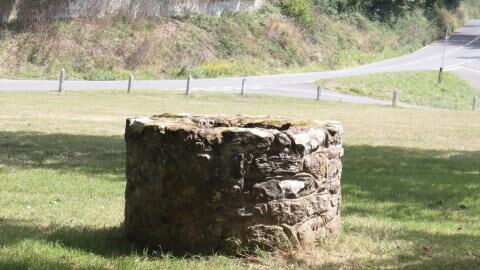Israel is one of the topmost countries in the world that harbours evidence of ancient human civilizations from thousands of years ago. Our historical ancestors were definitely ahead of our time and had already discovered much on their own. One such piece of evidence came to light when archaeologists revealed the surprising thing they unearthed during their excavation.
Discover our latest podcast
Opium traces in pots
The excavation took place in Yehud, a central Israeli town. According to The Guardian, the exploration uncovered a string of ancient bronze-age graves. In addition to this, the explorers also stumbled upon ‘pottery vessels’ which were built similar to a poppy flower. The excavations commenced in 2012 by the Israel Antiquities Authority and Weizmann Institute of Science.
#Opium Found at Ancient Burial Site Possible Offering to the Gods https://t.co/h4MjkFFVKu
— Greek Reporter (@GreekReporter) September 28, 2022
As per Live Science, along with the ‘opium laced pots’, the researchers also discovered the human remains of a 40-50 year old male in 2017. They chemically tested 22 ceramic vessels and containers, out of which eight pots had traces of opium in them. The researchers revealed that some of the pottery was even imported from Cyprus, as indicated by the pottery patterns that specifically belonged to that region.
Opium used for rituals?
This finding has led archaeologists to establish several theories. Although it’s still unclear what the exact use of opium was, archaeologists suspect that the opium might have been used by priests to ‘reach a higher state of spirituality’. Vanessa Linares, a doctoral candidate at Tel Aviv University said:
According to the historical and written record, we see that Sumerian priests used opium to reach a higher state of spirituality, while the Egyptians reserved opium for warriors as well as priests,
possibly using it not only to have a psychoactive effect but also for medicinal processes, since its main compound is morphine, which is used to help with pain
Ceramic vessels discovered in ancient tombs in Israel have revealed the world's earliest evidence of opium use dating back more than 2,300 years.#ancient#opium#discoverhttps://t.co/6Sffg0sHyS
— Ananova (@AnanovaNews) October 2, 2022
One of the other theories circulating around is that pots would be situated in the ritualistic graves for ceremonial meals and traditional rituals performed by people for their dead relatives. In this theory, a person or a priest would attempt to call the spirit of the dead while experiencing an ‘ecstatic state’ as they consumed opium.
Sources used:
- The Guardian: 'Israeli archaeologists find traces of opium in 3,500-year-old pottery'
- Live Science: 'Earliest traces of opium use, found in Israel, may have been an 'offering to the gods'
- Nature: 'Direct dating reveals the early history of opium poppy in western Europe'
Read more:
⋙ Ancient Mayan artefacts found covered in psychedelics by archaeologists
⋙ Ancient 'aspirin' from Bronze age discovered by archaeologists
⋙ Researchers discover 2100-year-old preserved house in Israel















